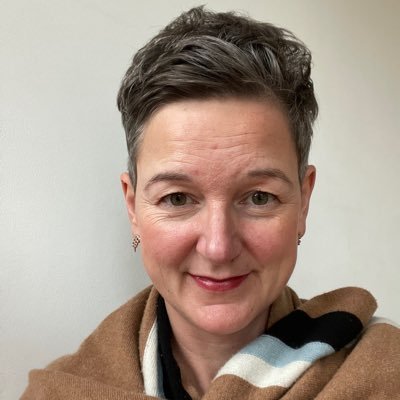By James Simons-
Durnham County Council has been heavily criticized for telling schools public health officials they will no longer provide Covid advice unless a child is in hospital.
The criticism comes after the council asked leaders to “self-manage” outbreaks instead, in a move that has attracted consternation among unionists. The Uk government has provided advice that cater for both children and adults that catch the omicron variant, but schools children have undergone different experiences of the virus. Some who self isolate after testing positive for the virus, still show symptoms when they later test negative, and want to return to school to continue their education.
Durham wrote to school leaders earlier this month detailing changes that allow it to “prioritize high-risk cases and provide targeted support” as fears rise of a “significant wave” of the Omicron variant.
Unions have criticized the council , claiming it has “abrogated its responsibility”, adding it is “essential” every school has access to local public health support when they feel it is needed.
In an email sent to school leaders, the council have expressed concern that a predicted wave of the Omicron variant will increase demand on public health services.
Mainstream schools are told to stop reporting Covid -19cases to the council and “manage outbreaks in accordance with their own outbreak management plans”.
An attached template advises measures such as attendance restrictions, face coverings and bubbles.
But the Department for Education’s contingency framework says schools should “seek additional public health advice” when considering these sorts of measures.
The council told schools if further advice is needed, they should contact the DfE’s Covid helpline.
It will only provide local public health support to special schools or mainstream schools that have a “case in hospital”.
Julie McCulloch, the director of policy at the Association of School and College Leaders, said the council “appears to have abrogated its responsibility to assist schools” in a move “at odds with the government’s contingency framework guidance”.
With school decisions about Covid measures “very much in the public spotlight … it is important that leaders get the full backing of their local public health team”.
Last week scores of secondary schools ignored the government’s last-minute rule change and opted to keep face masks in their classrooms.
Andy Byers, headteacher of Framwellgate school in Durham, said he did not feel “cast adrift” and the new system was “much easier”.
Schools could still get advice from the council’s education team, who in turn could contact local public health services if required, he said.
The system was “clear and well-organized” and provided good levels of local support and autonomy for schools, he said.
The north east currently has 1,259 Covid-19 cases per 100,000 people, the highest of any region. Durham’s rate stands at 1,364.
However, nearby councils in Gateshead, Newcastle, Northumberland and South Tyneside told Schools Week their systems had not changed and schools were still advised to contact local public health teams.
Amanda Healy, Durham’s director of public health, said there were a “very high number” of Omicron cases in schools. The measures allowed the council “to target our support to higher-risk settings”.
“We continue to provide support to schools as much as we can, and will contact schools directly if data shows pupil case numbers are higher than anticipated and further assistance is needed.”
James Bowen, the National Association of Head Teachers’ director of policy, said that after two years of managing Covid cases, schools “may feel confident in dealing with these themselves”.
But it was “essential” that every school still had access to local public health officials whenever they felt it was needed, he said.
Councils also must be “mindful of the pressure” a Covid outbreak placed on leaderscsn cause.
“School leaders are not experts in public health, and nor should we expect them to be.”




